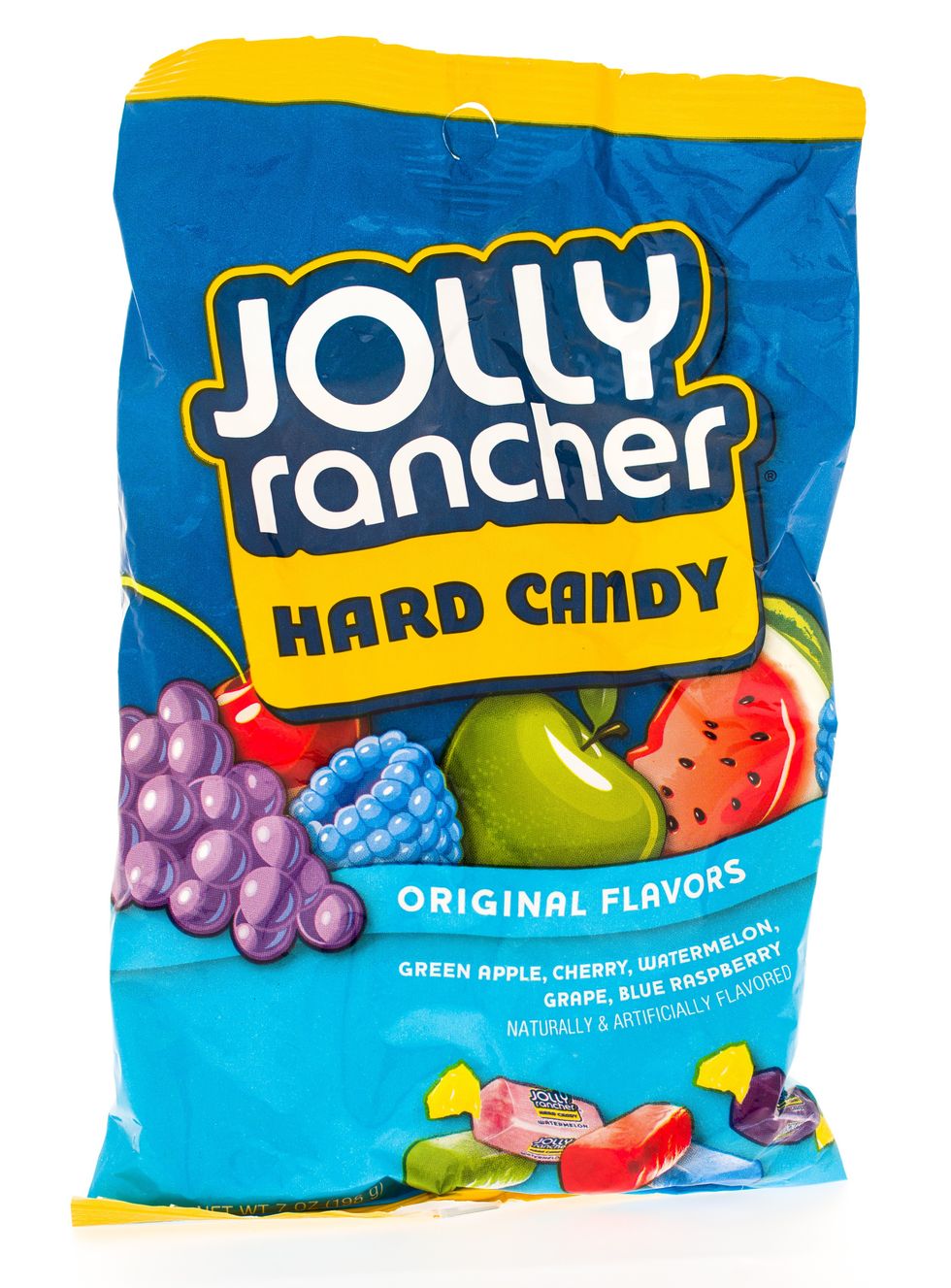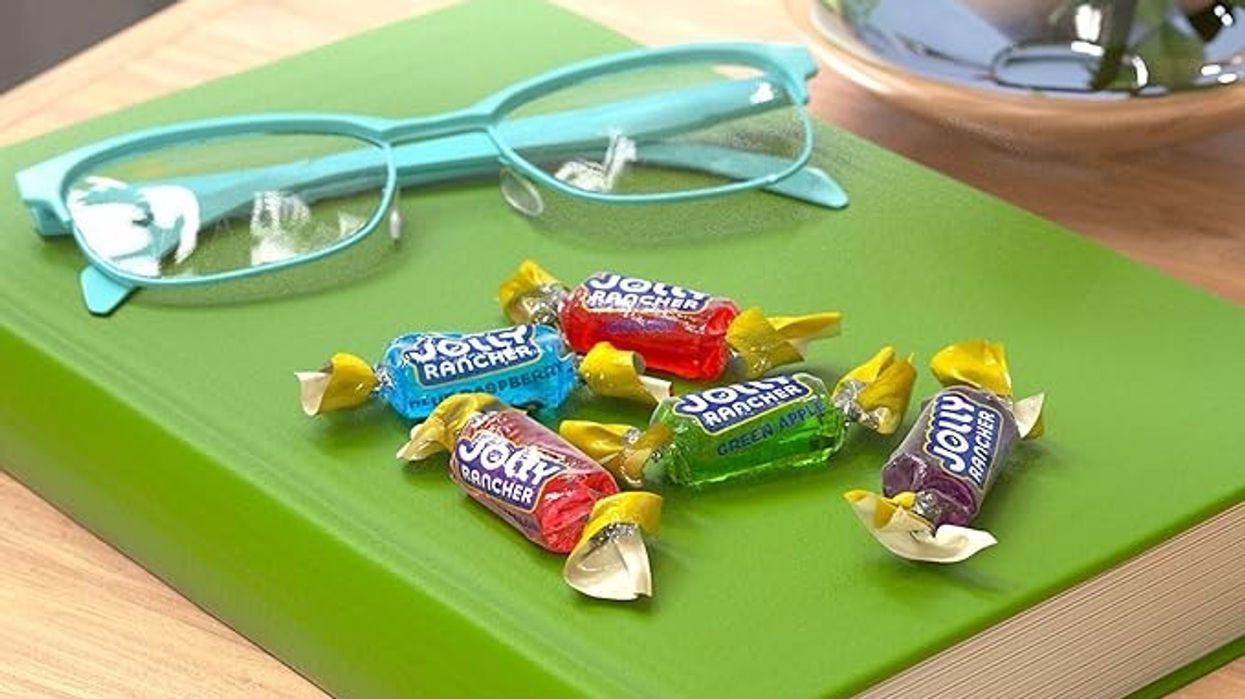An urgent warning has been issued in the UK after several popular Jolly Rancher sweet products were recalled due to the presence of banned ingredients linked to cancer. The Food Standards Agency (FSA) has confirmed that certain products, including Jolly Rancher Hard Candy, ‘Misfits’ Gummies, Hard Candy Fruity 2 in 1, and Berry Gummies, are affected.
These sweets, produced by American confectionery giant Hershey, were found to contain Mineral Oil Aromatic Hydrocarbons (MOAH) and Mineral Oil Saturated Hydrocarbon (MOSH), both of which are derived from crude oil and have been associated with serious health risks, including cancer.
Products removed but some still on sale
Hershey has informed UK authorities that it has taken steps to withdraw the affected products from the British market. However, the FSA has warned that some Jolly Rancher sweets containing these harmful substances are still being sold in shops, and local authorities have been urged to act.

The FSA stated: “Consumption of the affected sweets is of toxicological concern, especially in younger age groups and where consumers eat a lot of the products or eat them regularly.”
Consumers who have purchased the recalled items are advised not to eat them and to dispose of them safely. While the risk to individuals who have already consumed the sweets is considered low, the presence of MOAH and MOSH means they are not compliant with UK food safety laws.
Growing concerns over US imports
The Jolly Rancher recall is the latest in a series of warnings about American food products being sold in the UK with banned or harmful ingredients. Earlier this year, various sweets, drinks, and snacks imported from the United States – including Fanta Pineapple, Mountain Dew, Swedish Fish, Prime Hydration, Cheetos Crunchy, and Twizzlers – were found to contain substances not approved in the UK.
Among the banned additives were brominated vegetable oil (BVO), used in Mountain Dew, and Red Dye 3, a colouring found in jelly beans and preserved cherries. White mineral oil, also used in many US-made sweets, was another concerning ingredient.
Dr Pepper recall raises additional alarm
Separately, US authorities have recalled over 19,000 cans of Dr Pepper Zero Sugar due to mislabelling. The product, manufactured by Pepsi Beverages Company, was found to contain sugar despite being marketed as sugar-free. The error poses significant risks to individuals with diabetes or those who need to control their sugar intake.
Initially labelled as a voluntary recall, the incident has now been escalated to a Class II recall by the US Food and Drug Administration, meaning consumption may lead to temporary or medically reversible adverse health effects.
Health risks of hidden ingredients
These recent incidents have drawn attention to the growing trend of importing American products into the UK without full compliance checks. Experts warn that continued exposure to banned or mislabelled ingredients can pose long-term health risks, especially for vulnerable groups such as children and people with chronic health conditions.
The FSA continues to monitor the situation and has urged consumers to remain vigilant, particularly when buying imported food and drink products online or from independent retailers.





